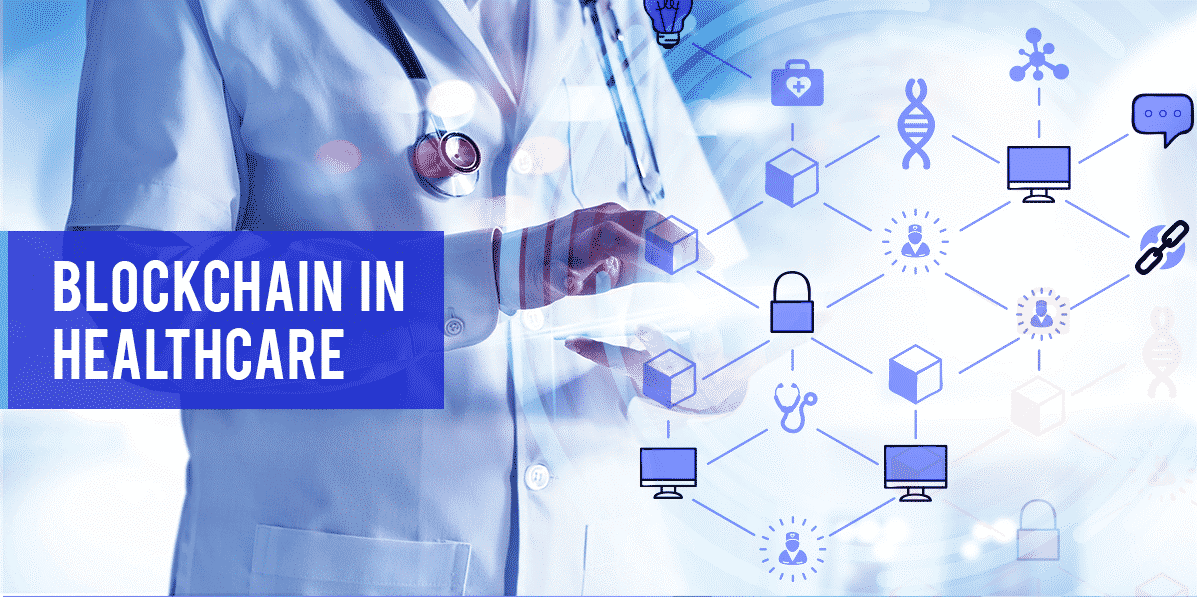In today’s digital age, the healthcare sector is increasingly vulnerable to cyber threats, data breaches, and unauthorized access to sensitive patient information. As healthcare organizations strive to protect patient data, the adoption of blockchain technology is emerging as a formidable solution. Blockchain, originally designed as the underlying technology for cryptocurrencies like Bitcoin, is now revolutionizing healthcare data security by offering unprecedented levels of transparency, integrity, and privacy.
Understanding Blockchain Technology
At its core, blockchain is a decentralized ledger technology that records transactions across a network of computers in a way that ensures the data is immutable and transparent. Each transaction is stored in a “block” and linked to the previous one, forming a “chain.” This structure ensures that once data is recorded, it cannot be altered without altering all subsequent blocks, making it highly secure against tampering and fraud.
Enhancing Data Integrity and Transparency
One of the most significant advantages of blockchain technology in healthcare is its ability to enhance data integrity. In traditional data storage systems, data can be easily modified or deleted, posing a significant risk to data accuracy and reliability. Blockchain’s immutable nature ensures that once data is entered, it cannot be altered, thereby maintaining a consistent and accurate record of patient information.
Moreover, blockchain’s transparency allows for real-time auditing of data. Every transaction is recorded and visible to authorized users, ensuring that any unauthorized access or changes can be quickly detected and addressed. This level of transparency is particularly beneficial in healthcare, where maintaining the accuracy and integrity of patient records is crucial.

Strengthening Data Privacy and Security
Data privacy is a paramount concern in healthcare, given the sensitive nature of patient information. Blockchain technology addresses this concern by providing robust encryption and access control mechanisms. Each block in the blockchain is encrypted, and only authorized users with the correct cryptographic keys can access the data. This ensures that patient information is protected from unauthorized access and breaches.
Furthermore, blockchain’s decentralized nature eliminates the single point of failure inherent in traditional centralized data storage systems. In a decentralized network, data is distributed across multiple nodes, making it significantly more difficult for cybercriminals to compromise the entire system. This decentralized approach enhances the overall security of healthcare data, reducing the risk of large-scale data breaches.
Facilitating Secure Data Sharing and Interoperability
Interoperability, or the ability to share and use information across different systems, is a significant challenge in healthcare. Blockchain technology can facilitate secure data sharing and interoperability by providing a standardized and transparent platform for exchanging information. Smart contracts, which are self-executing contracts with the terms of the agreement directly written into code, can be used to automate and enforce data sharing agreements between different healthcare providers.
For instance, a patient’s medical history stored on a blockchain can be securely accessed by different healthcare providers, ensuring continuity of care while maintaining data privacy and security. This seamless and secure data sharing can improve patient outcomes by enabling more informed and timely medical decisions.
Enhancing Patient Control Over Personal Data
Blockchain technology empowers patients by giving them greater control over their personal health data. Traditionally, patient data is stored and controlled by healthcare providers, limiting patients’ access and control over their information. With blockchain, patients can have a digital identity that allows them to manage and share their health data securely.
Patients can grant or revoke access to their data as needed, ensuring that only authorized individuals or organizations can view their information. This level of control not only enhances data privacy but also fosters greater trust between patients and healthcare providers.

Streamlining Clinical Trials and Research
Clinical trials and medical research are critical components of healthcare innovation. However, these processes often face challenges related to data integrity, transparency, and participant trust. Blockchain technology can streamline clinical trials and research by providing a secure and transparent platform for recording and sharing data.
For example, blockchain can be used to track and verify the consent of participants, ensuring that their data is used ethically and in accordance with their wishes. Additionally, the immutable nature of blockchain ensures that research data cannot be tampered with, enhancing the credibility and reliability of clinical trials.
Addressing Regulatory Compliance
Healthcare organizations must comply with various regulations, such as the Health Insurance Portability and Accountability Act (HIPAA) in the United States, which mandates the protection of patient information. Blockchain technology can help healthcare organizations meet these regulatory requirements by providing a secure and transparent platform for managing and auditing data.
Blockchain’s audit trail capabilities ensure that all data transactions are recorded and traceable, making it easier for healthcare organizations to demonstrate compliance with regulatory standards. This not only reduces the risk of non-compliance but also enhances the overall security and integrity of healthcare data.
Challenges and Future Prospects
While blockchain technology offers numerous benefits for healthcare data security, its adoption is not without challenges. The integration of blockchain into existing healthcare systems requires significant investment in infrastructure and training. Additionally, issues related to scalability, interoperability, and regulatory acceptance need to be addressed to fully realize the potential of blockchain in healthcare.
Despite these challenges, the future prospects of blockchain in healthcare are promising. As the technology continues to evolve and mature, it is expected to play an increasingly critical role in enhancing data security, privacy, and interoperability in the healthcare sector.
Conclusion
Blockchain technology is poised to transform healthcare data security by providing a secure, transparent, and decentralized platform for managing patient information. By enhancing data integrity, privacy, and interoperability, blockchain can address many of the current challenges faced by the healthcare sector. As healthcare organizations continue to explore and adopt this innovative technology, the potential for improved patient outcomes and data security becomes increasingly attainable.




